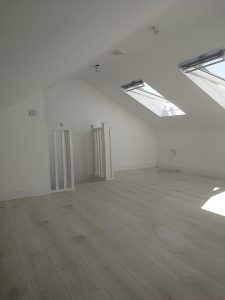Spray Foam Insulation Wicklow
Contact Us For A Free Spray Foam Insulation Quote
Floor Insulation Wicklow
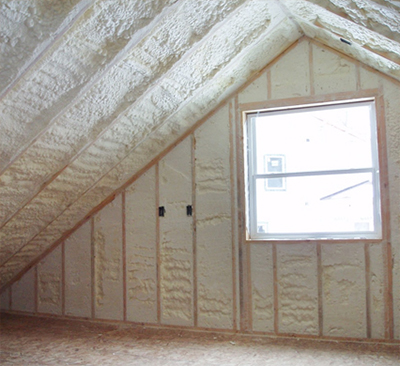
Spray Foam Insulation Wicklow
Open cell spray foam insulation for domestic use is used – attic insulation roof insulation floor insulation wall insulation. The foam is open in the cells so that water vapour can flow through it. This allows your roof timbers air to breathe while also keeping it sealed tightly.
It is the most efficient insulating material, which allows you to have energy efficient homes, thus reducing your energy consumption.
It keeps your home warmer during colder months and cools it down during summer. Your home is enclosed by an airtight barrier, which prevents the entry of cold winds and driving rain.
Spray foam insulation can be an alternative to traditional building insulation. It is versatile and can be applied to any area of your home, including roofs, lofts, walls, floors, and ceilings. Spray foam helps retain warmth and heat in your home. It also reduces energy costs. Get a free quote from us to learn how we can help you with your commercial or residential property.
Benefits of Spray Foam Insulation for your home
This reduces the atmospheric emission of CO2 that is harmful and causes global climate change and warming. Open-cell and closed-cell spray foam insulations are both available. They deliver unparalleled levels of airtightness and uValues. Spray foam insulation is therefore the most cost-effective insulation material when it comes to reducing heat loss or moisture content.
Spray foam insulation is widely regarded as one the most adaptable and versatile insulation materials on the Irish market today. Spray foam insulation is renowned for its ability, once sprayed on-site, to fill every nook or crevice.
Spray foam insulation is well-known as being the best insulation to achieve an attic seal. Spray foam insulation can expand to over 200x its original size and is extremely easy to apply. It’s cell walls remain open, which allows water vapour from outside to escape the structure. This helps prevent the formation of damp or mould.
Spray foam insulation is used for industrial, residential and agricultural purposes. Spray foam insulation is made from polyurethane foam. Spray foam insulation uses a foam gun to apply the liquid. The liquid expands to fill every space and then hardens to create a tight seal.
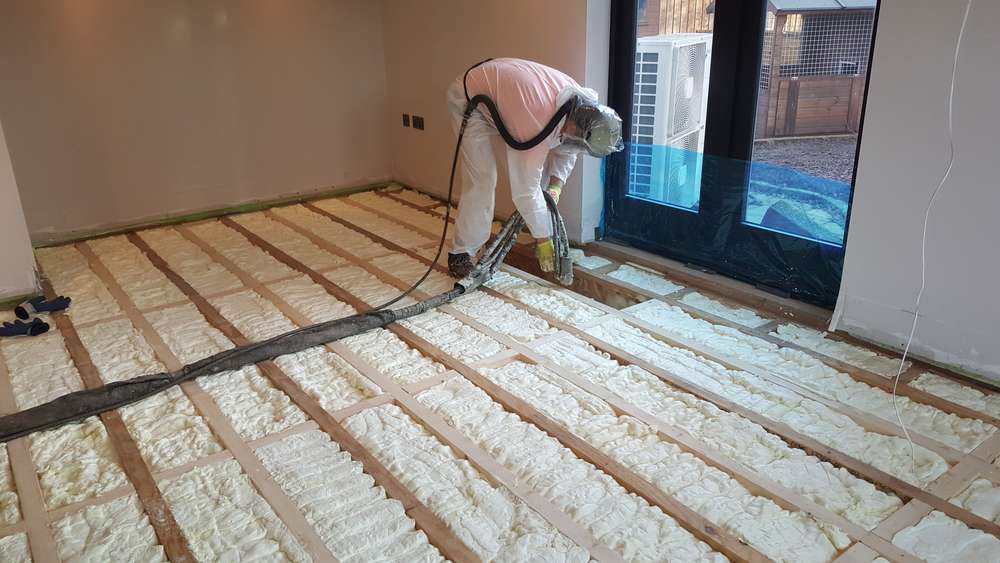
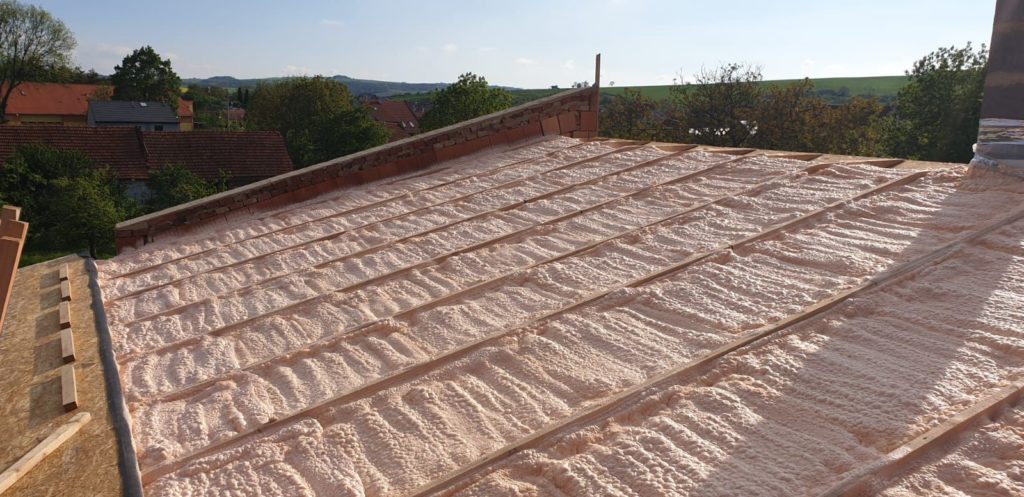
Cost Price Of Spray Foam Insulation
Spray foam insulation offers a better alternative to traditional insulation materials like fiberglass, rock wool, cellulose, and polystyrene board. It is resistant to heat loss, wood decay, mold, and dampness and will last a lifetime. This reduces the sound pollution in the environment that surrounds your home or office.
Spray foam insulation is formed when two materials, isocyanate, and a resin polyol are gently heated. The foam expands at the tip if a spray gun and is then applied to a specific area. The liquid transforms quickly into dense, hard foam insulation. It is resistant to heat loss, wood rot and mold, lasts for a lifetime, and doesn’t degrade or go bad.
Spray foam insulation’s greatest attribute is its ability form an “air-seal”, which results in a tight envelope within a building. Air sealing prevents heat from escaping the house. This can help reduce utility bills as well as keep the home cooler during hot months.
Most attic insulation is sprayed with open-cell spray foam. In order to let moisture escape your structure, Irish building regulations mandate that a 50mm air space be left between the roof deck or felt and top of the insulation material.
Insulate Your Wicklow Property Properly
The best thing about spray foam insulation is its ability create an “air-seal”, which results into an airtight enclosure within a structure. Air sealing prevents heat from escaping the house. This can reduce utility bills as well as keep the home cooler in the summer. Spray foam for commercial insulation is the best type of industrial insulation. Commercial insulation can save you a lot and offer many other benefits.
We are the experts on spray foam insulation. You can find information and advice on how to make your home more energy efficient and cozy. If you are tired of paying high heating bills, then you have come to the right place. We are market leaders in spray foam insulation. We also love what our customers do, which is why a significant portion of our business comes directly from them.
Spray foam has excellent insulation and can be used in places that traditional insulation wouldn’t or is too difficult to reach. This may be an option for you, provided that you accept the chemicals involved and the other downsides.
You own an old house. There are still energy efficient home upgrades that you can do to save money and make your house more comfortable. It will make a huge difference in insulating your attic. This will reduce the likelihood of damp, condensation, and even rot.
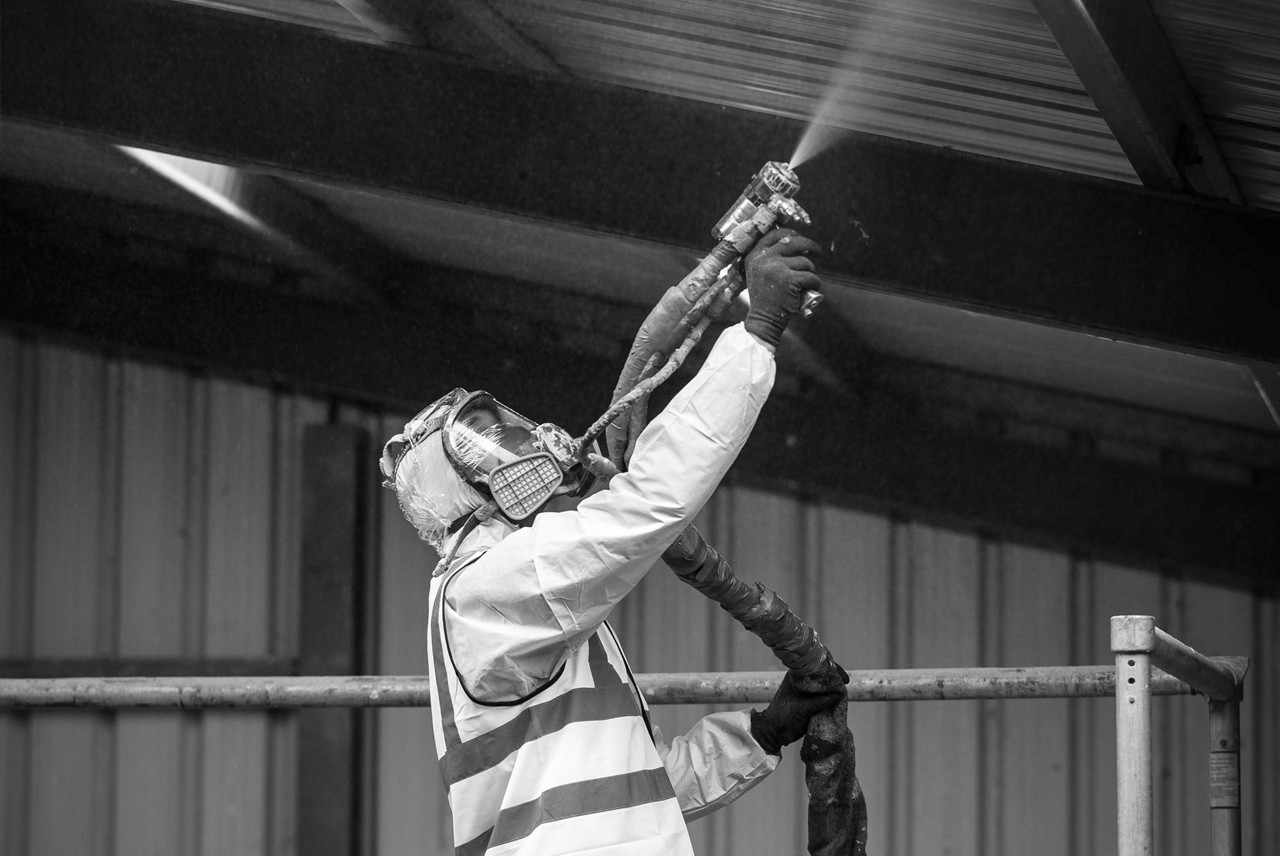
Areas We Service
Leinster
Munster
Connaght
Ulster
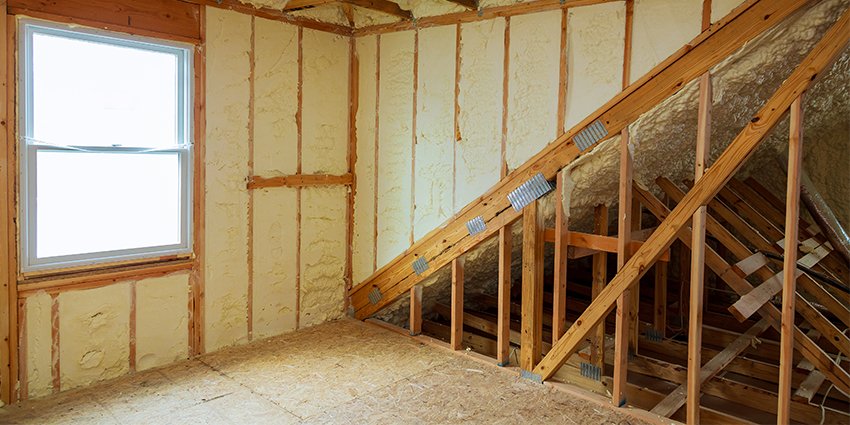

Parkhill, Dublin
01 5255297
